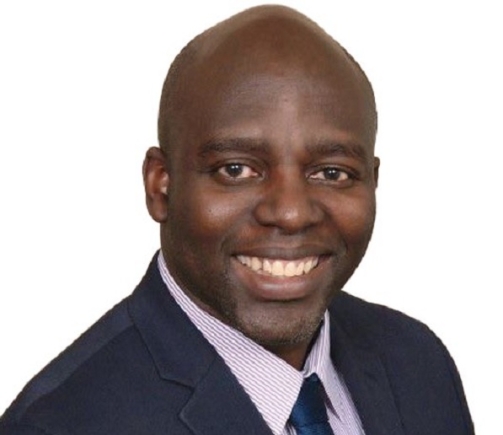
We want democracy - We just don’t like how it’s working
In the wake of the coup in Niger, Prof. Carlos García Rivero wrote the following in article which appeared in The Conversation (an online independent news organisation), “from the 1960s to the end of the millennium, there were an average of four military coups a year on the continent.
By the end of the 1990s this phenomenon seemed to have faded away.
But since August 2020 six African nations have suffered seven coups or attempted coups.”
Citing reasons for these coups and urging African countries to find solutions to the challenges fuelling them, he ended on this note “Niger’s recent coup may not be the last one.”
He wrote on August 20th.
The most recent coup (Gabon) happened 10 days later on August 30th.
Citizens jubilating in the streets when these coups occur makes one wonder whether they are beginning to give up on democracy.
Are they?
Africans do want democracy
Do African citizens want democracy?
Yes, they do! I do acknowledge that support for democracy as the preferred form of government has lost some ground over the years but it is still at a healthy level.
In the maiden edition of the Afrobarometer survey (1999-2001), seven out of 10 (71%) said “democracy is preferable to any other form of government.”
By survey period three (2005-2006) preference for democracy had dropped by seven percentage points to 64 per cent.
After experiencing a bounce of 12 percentage points in survey period four (2008-2009) where preference for democracy stood at 76 per cent , the most recent survey period (2021-2023) shows that 67 per cent prefer democracy to any other form of government.
In my opinion, that is a still a healthy level of support for democracy.
To buttress home my point, there is no doubt in the minds of citizens that they want democracy.
I measure this by the percentage of respondents who answered “don’t know” to the question of preference for democracy.
I use the term democratic uncertainty to describe this response.
Between survey periods 1999-2001 and 2005-2006, democratic uncertainty increased significantly from four per cent to 16 per cent.
In the most recent survey period (2021-2023) only two per cent answered “don’t know” to the question of preference for democracy.
It is on this basis that I assert there is no uncertainty in the minds of citizens
when it comes to their preference for democracy as a form of government.
In addition, African citizens say leaders must be chosen through elections.
In survey period 2002-2003, 80 per cent were in support of choosing leaders through elections.
In survey period 2021-2023 75 per cent said same about how leaders must be chosen.
They just dislike how democracy is working So, what is the problem?
When asked about the extent of democracy, between survey period 2002-2003 and 2019-2021, the predominant response was “democracy with minor problems.”
In the most recent survey period (2021-2023) the predominant response was “democracy with major problems.”
For those who answered “not a democracy” there has been a steady increase from seven per cent in 2002-2003 to 16 per cent in 2021-2023.
The biggest sore spot is the level of dissatisfaction with the way democracy is working.
In survey period 1999-2001, 62 per cent expressed satisfaction with the way democracy was working.
In survey period 2021-2023 only 40 per cent said same about the way democracy was working.
This growing dissatisfaction with the way democracy is working must be given serious attention by our leaders for I believe this is a key driving force behind the softening of citizens’ posture towards non-democratic forms of government such as military rule.
In survey period 1999-2001, 83 per cent disapproved of military rule.
That has dropped to 68 per cent in survey period 2021-2023.
In survey period 2021-2023, 52 per cent agreed that “it is legitimate for the armed forces to take control of government when elected leaders abuse power for their own ends” compared to 43 per cent who said “armed forces should never intervene in the country’s political process”.
Will our leaders begin to pay attention?
The Afrobarometer survey has been capturing the voice of citizens about their lived experiences since the maiden survey period of 1999-2001.
Citizens have been unequivocal about the pinch points they face in their respective countries.
Military intervention, in my opinion, is not the answer to our dissatisfaction with the way democracy is working.
But the custodians of democracy must step up.
It is quite ironic for a people to show strong preference for democracy and the use of elections to choose leaders while at the same time have a softening posture towards military rule and interventions.
We sure do want democracy! We just don’t like the way democracy is working!

